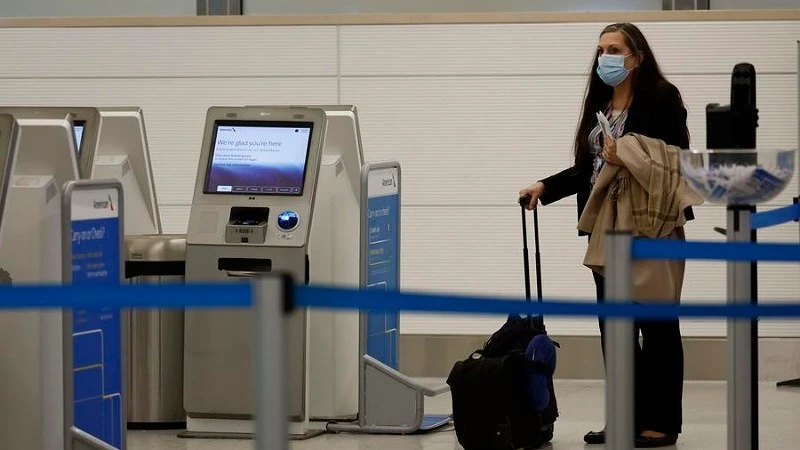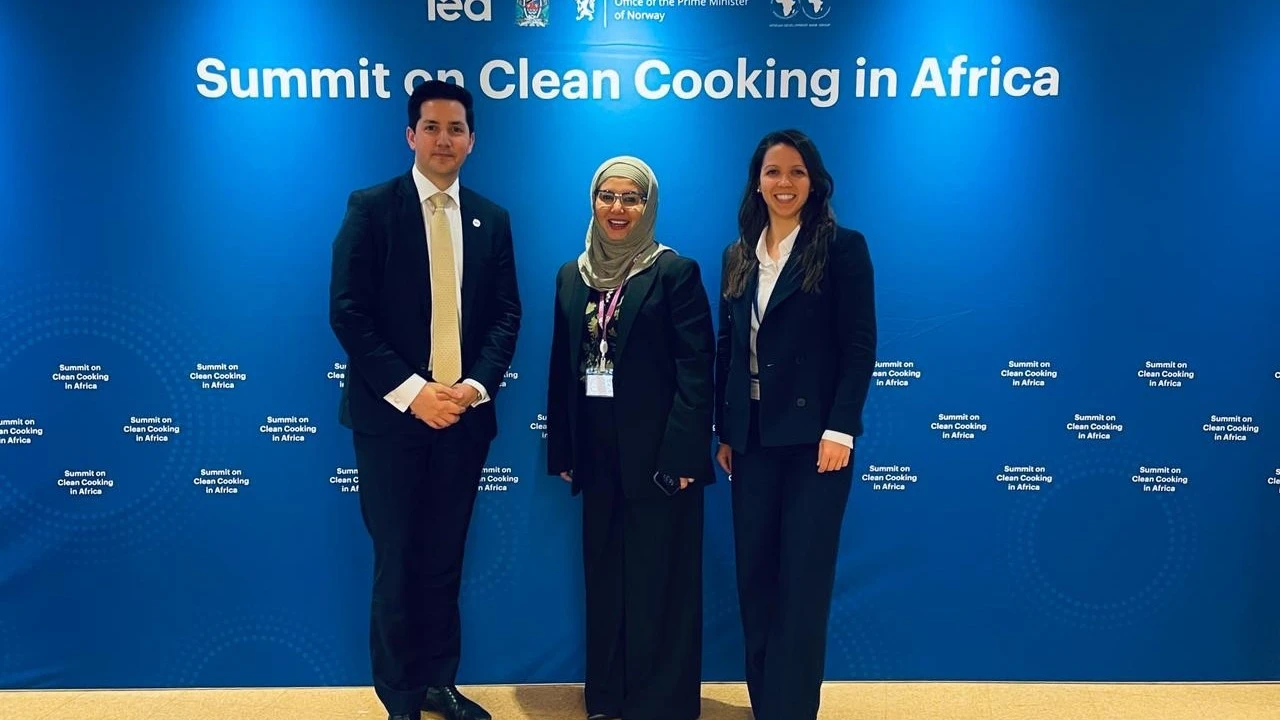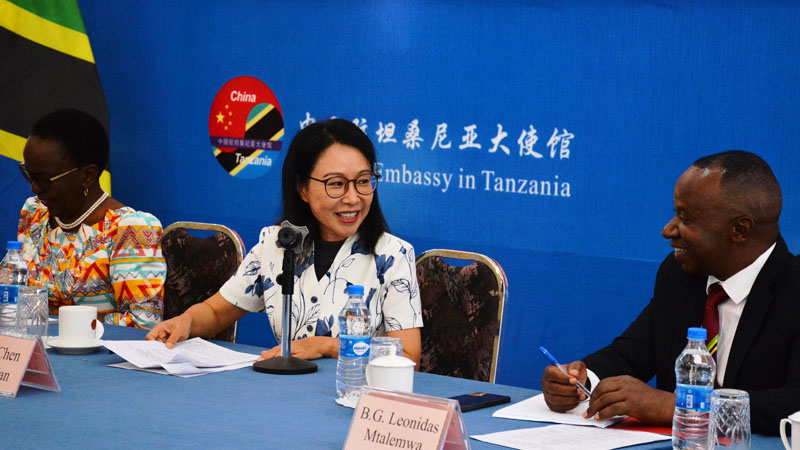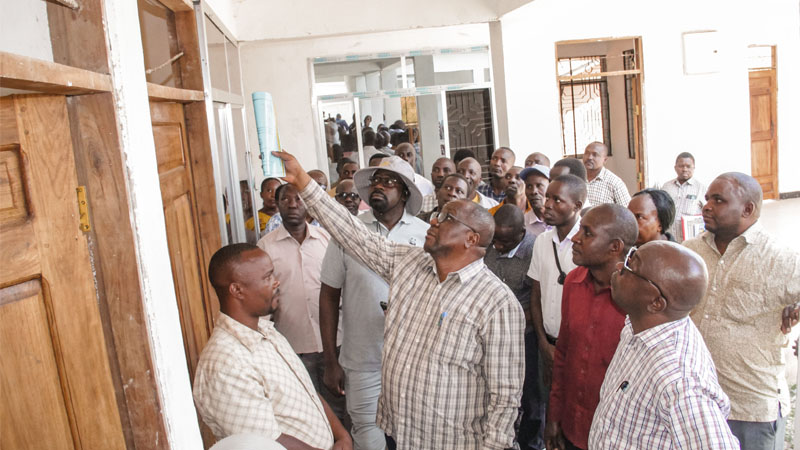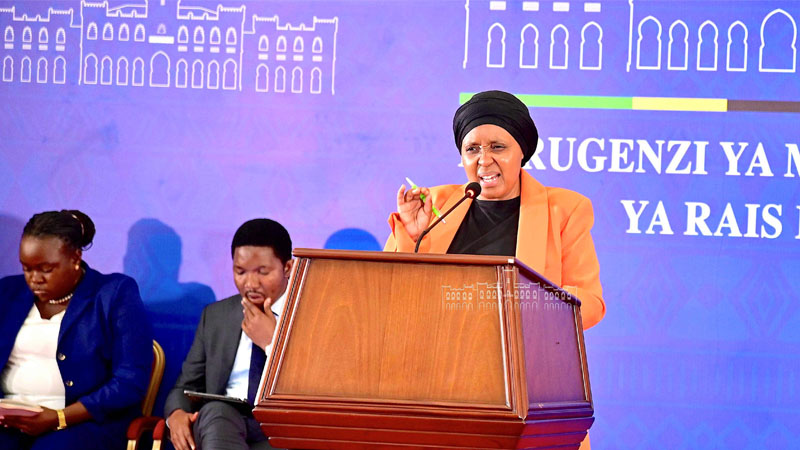Swiss envoy for protection of civilians during conflicts

SWITZERLAND has called on all states and institutions to use their influence to prevent violations of International humanitarian law (IHL) to ensure all populations remain safe.
Didier Chassot, Ambassador of Switzerland to Tanzania made the call in Dar es Salaam on Wednesday at the exhibition and panel discussion to commemorate the 75th anniversary of the 1949 Geneva Conventions and World Red Cross and Red Crescent Day.
The event brought together stakeholders in humanitarian operations, university students, representatives of civil society, academia, Tanzania People Defence Force (TPDF), diplomatic missions, government officials as well as local and international organisations.
There was a photo exhibition which aimed at giving visitors a better understanding of and deeper insight into the significance and impact of the principles of humanity, impartiality, neutrality and independence.
The envoy said that states must take concrete actions at the national level, including ratification of the additional protocols, adoption of laws implementing Geneva Conventions and their dissemination within the armed forces and among the civilian population.
Chassot said effective implementation also requires establishment of national commissions for the implementation of IHL and the drafting of voluntary reports on implementation of the same.
He said that Tanzania is an important and respected actor in the region and beyond which can and should play an important role in that regard.
"We are therefore very pleased to have this opportunity tonight to mark this anniversary here in Dar es Salaam, and to put the focus on the 1949 Geneva Conventions,” he said.
The envoy said that states should affirm and reaffirm their political will to respect the IHL.
The Geneva Conventions continue to save millions of lives threatened by hundreds of conflicts around the World, reunite thousands of separated family members and comfort thousands of prisoners of war.
"It is therefore essential that all states disseminate and promote compliance with these norms well before the outbreak of conflict and establish a culture within their population where there is clear expectation that these rules will be rigorously observed from the very outset of hostilities,” he said.
Joseph Masangu, a fourth year student pursuing a bachelor degree in Law at the University of Dar es Salaam stressed on the importance of the conventions to protect civilians and other non-combatant individuals during conflicts.
He said the IHL is very important to ensure that people are safe, adding that the conventions do not stipulate whether the start of the armed conflict is legitimate or not but seek to regulate behaviour of parties once conflicts break out.
Top Headlines
© 2024 IPPMEDIA.COM. ALL RIGHTS RESERVED







